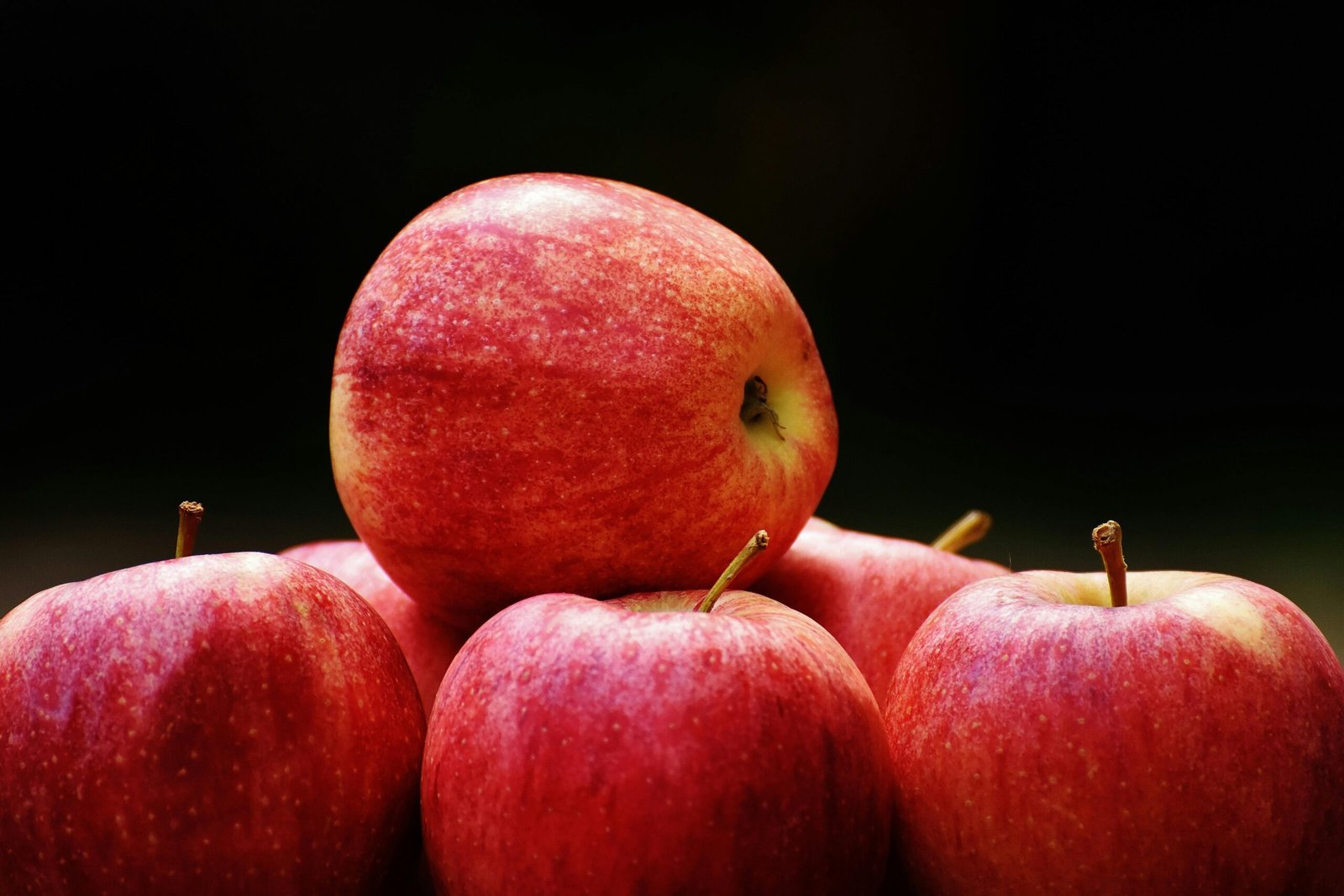- Poland has chosen the apple as its emblem for its term as the president of the European Union Council.
- The apple symbolizes Poland’s agricultural strength, resilience, and national pride.
- Poland’s Grojec district, known for its apple orchards, produces high-quality apples protected by EU geographical indication.
- The apple also served as a symbol of resistance for Poland during a ban on its fruit imports by Russia in 2014.
Poland, in a unique and symbolic move, has chosen the apple as the emblem of its six-month term as the president of the European Union Council. This decision is not only a nod to the country’s agricultural prowess but also a testament to the national pride associated with this fruit. The apple, a staple of Polish agriculture, will be served at various events in both Warsaw and Brussels during the presidency term.
The tradition of adopting a symbol during the EU Council presidency is not new. Each country, during its term, has chosen a symbol that best represents its culture, history, or achievements. For instance, Estonia introduced a robot mascot during its term, while Hungary adopted a Trumpian slogan.
Food has often been a popular choice, with Belgium using a chocolate logo during its presidency last year. The chocolate logo was ceremonially cracked by Prime Minister Alexander De Croo and Commission President Ursula von der Leyen at the inauguration event, before being consumed by EU leaders.
Poland’s Symbol of Pride and Resilience
Poland’s choice of the apple as its symbol is deeply rooted in its history and culture. The country’s presidency logo draws inspiration from the iconic Solidarnosc movement, a testament to the nation’s struggle for freedom and democracy. However, the apple holds a special place in the hearts of the Polish people. Described as a source of national pride by the organizers, the apple is more than just a fruit in Poland. It is a symbol of the country’s resilience, strength, and agricultural prowess.
Poland’s Grojec district, known for its apple orchards, produces apples of such high quality that they are protected by EU geographical indication. This protection is a recognition of the unique characteristics and superior quality of the apples grown in this region. Poland’s apple production is impressive, with an annual yield of 4 million tonnes, making it the leading apple producer in Europe.
This is not the first time Poland has used a fruit to symbolize its EU presidency. In 2011, Polish strawberries were in the spotlight, showcasing the country’s agricultural strengths. However, the choice of the apple this time around is particularly significant given the fruit’s history and international acclaim.
Polish Apples: A Global Delight and Symbol of Resistance
Polish apples have earned a reputation for their quality and taste, with exports reaching 817,000 tonnes in 2023. These apples are not just popular in nearby countries like Germany and Romania, but have also found a market in far-off countries like India, Saudi Arabia, and the UAE.
The apple has also been a symbol of resistance for the Polish people. In 2014, when Russia banned certain Polish fruit and vegetable imports, including apples, in response to EU sanctions for the invasion of Crimea, the Polish people turned their apples into symbols of resistance. A social media campaign, featuring hashtags like #jedzjabłka (“Eat Apples”) and the Facebook page #EatApplesToAnnoyPutin, went viral, rallying support for farmers and highlighting the fruit’s importance.
Now, as Poland takes on the EU presidency, the apple is once again at the forefront, symbolizing not just the country’s agricultural strength, but also its resilience and national pride.
As the EU presidency term unfolds, the apple will serve as a constant reminder of Poland’s rich history, its agricultural prowess, and the resilience of its people. The apple, in all its simplicity, is a fitting symbol for a country that has weathered many storms and continues to thrive. It is a testament to Poland’s unwavering spirit and its commitment to growth and prosperity.

